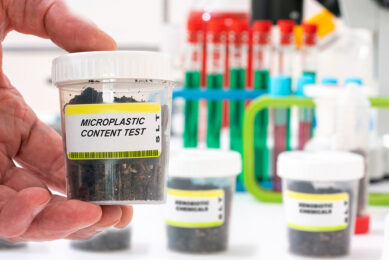EFSA finds GM-study of insufficient quality

The European Food Safety Authority has concluded that a recent paper raising concerns about the potential toxicity of genetically modified (GM) maize NK603 and of a herbicide containing glyphosate is of insufficient scientific quality to be considered valid for risk assessment.
EFSA’s initial review found that the design, reporting and analysis of the study, as outlined in the paper, are inadequate. To enable the fullest understanding of the study the Authority has invited authors Séralini et al to share key additional information.
Such shortcomings mean that EFSA is presently unable to regard the authors’ conclusions as scientifically sound. The numerous issues relating to the design and methodology of the study as described in the paper mean that no conclusions can be made about the occurrence of tumours in the rats tested.
Therefore, based on the information published by the authors, EFSA does not see a need to re-examine its previous safety evaluation of maize NK603 nor to consider these findings in the ongoing assessment of glyphosate.
Per Bergman, who led EFSA’s work, said: “Some may be surprised that EFSA’s statement focuses on the methodology of this study rather than its outcomes; however, this goes to the very heart of the matter. When conducting a study it is crucial to ensure a proper framework is in place. Having clear objectives and the correct design and methodology create a solid base from which accurate data and valid conclusions can follow. Without these elements a study is unlikely to be reliable and valid.”
Read the full comment on the EFSA website.











